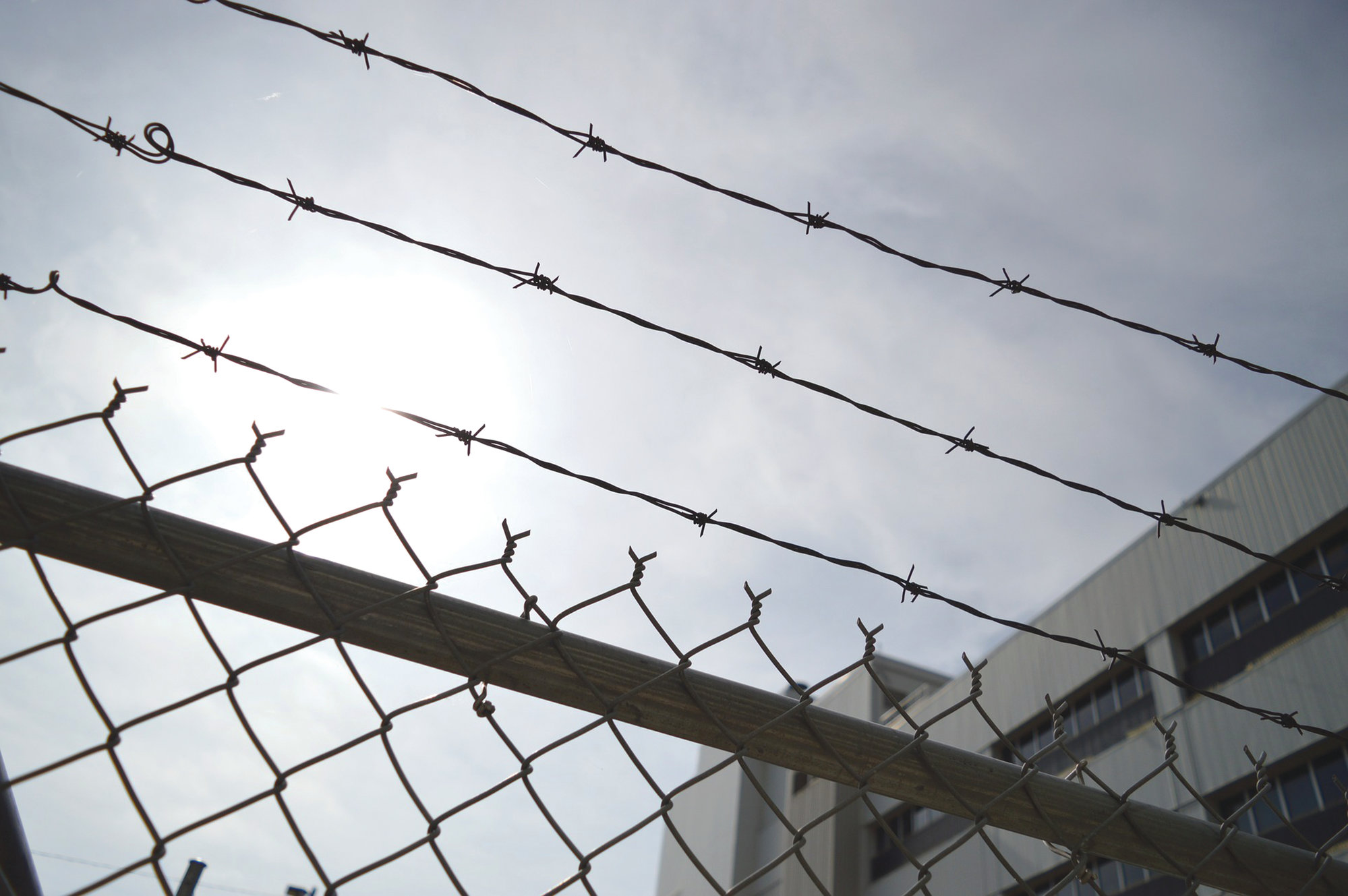Former South Carolina prisoner told his release was an error
Man in prison on cocaine charge allowed to remain free by judge after rebuilding his life
The State
COLUMBIA — When Michael Freeman was released from a South Carolina prison in December 2016, he began the slow and strenuous process of trying to pick up the pieces of his life and rebuild.
It took him years of hard work, but by April 2019, the U.S. Air Force veteran was a proud homeowner in McCormick who cared for his 91-year-old mother and his wife, daughter and two grandchildren, ages 8 and 12.
Then Freeman's entire world was thrown into limbo when he was told his release was a mistake; at age 55, he was staring down three more years in prison — a fate that could have left his family homeless.
"It was the worst time of my life," Freeman said. "After losing everything and coming back and starting, I didn't think I could do it all again."
The former prisoner was one of 10 inmates released early in error from S.C. prisons between 2016 and 2018 due to a paperwork issue, according to the state Department of Corrections. Of those inmates, only two were allowed to remain completely free, and six were returned to prison despite believing they had served out their sentence.
Despite Freeman having about five-and-a-half years left to serve on a sentence for distribution of cocaine — about three of which would have been mandatory under S.C. law — a McCormick County judge ruled earlier this month that he could remain free.
"My daughter said God wouldn't allow it to happen," Freeman said, referring to the chance he could be forced back behind bars. "I guess she was right."
Judge William P. Keesley wrote in his early July order that returning Freeman to prison would be "inequitable and a miscarriage of justice."
"Further, it would amount to a deprivation of a fundamental liberty interest that is shocking to the conscience," Keesley wrote.
Keesley cited Freeman's efforts to rebuild his life, get medical treatment for his disabilities and ailments, care for his family and stay out of legal trouble as his reasons for not ordering him back to prison, according to court documents.
"I thank God every time I think about it," Freeman said.
Six of the other 10 inmates accidentally released were ordered to return to prison. Of the four who remain free, one was given house arrest, Department of Corrections spokeswoman Chrysti Shain said. In another case, a judge ruled he did not have the jurisdiction to send the inmate back to prison, but officials are still figuring out if they can pursue other legal action.
Freeman's was the last open case of the 10 inmates who were mistakenly released, marking what seemed like the end of a chapter for Corrections.
Then, just last week, prison officials told state legislators that they had mistakenly released one inmate early and accidentally kept another in prison for nearly two extra years. Corrections officials recently discovered that error during an audit of inmates scheduled to be released in October 2019.
Freeman said he felt compelled to speak out after reading about those inmates. He didn't want anyone else to experience the same uncertainty that dogged him and his family for months.
"I see the other guys that got locked up that went back. Some of them might have been in the same situation I was in and just didn't have the resources to get a lawyer," Freeman said.
Corrections is working with S.C. Court Administration and legislators to develop a new system to stop the errors in sentence length. Officials also recently began using a new, more automated system that could cut down on human mistakes when Department of Corrections analysts enter data about inmate sentences.
More Articles to Read

